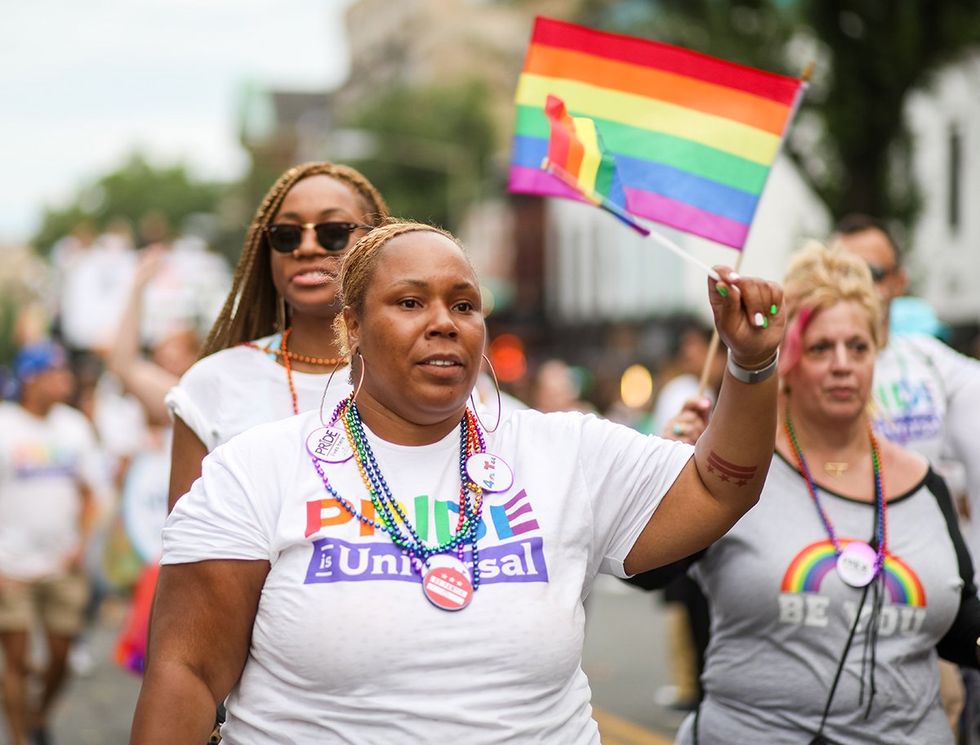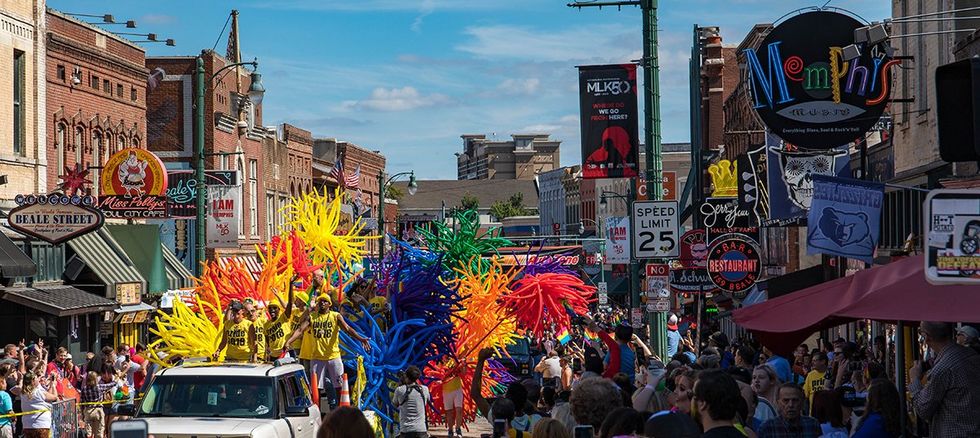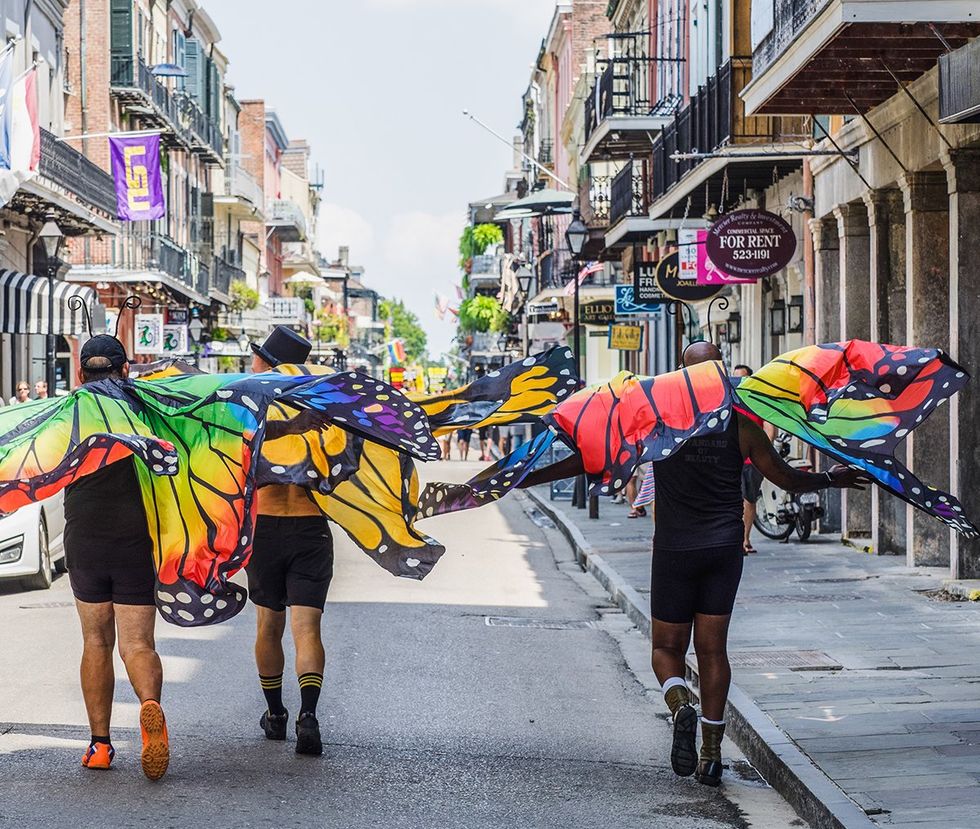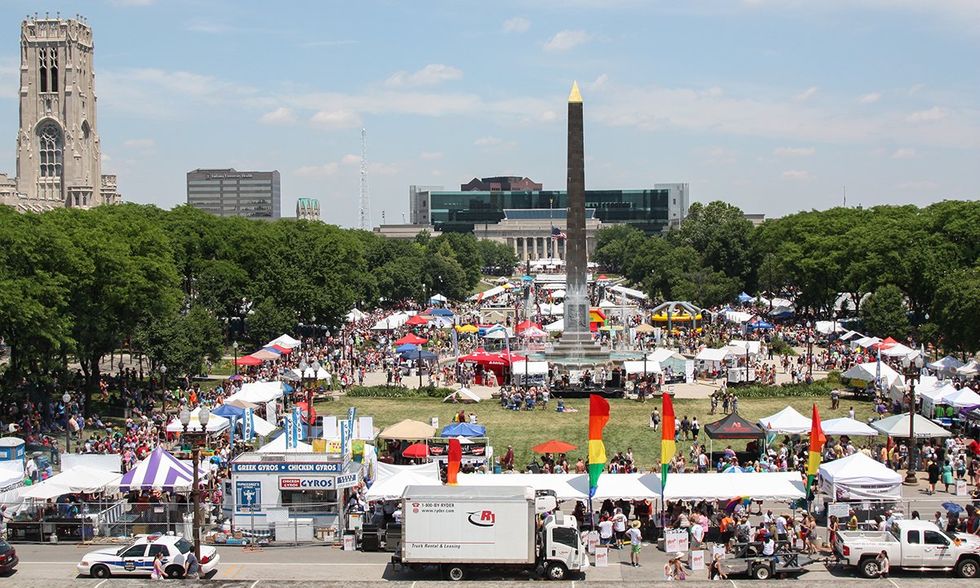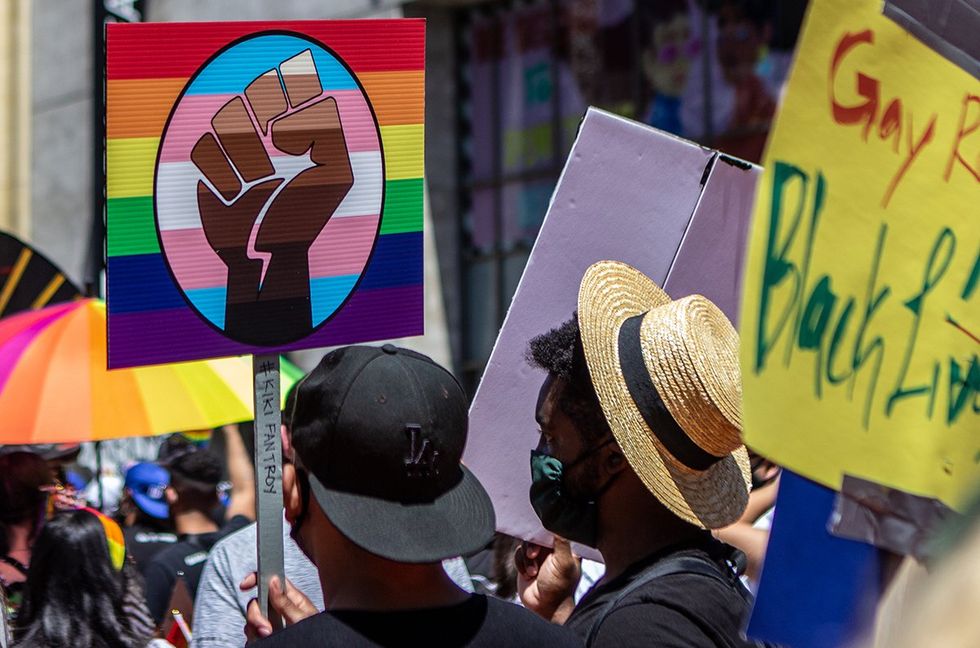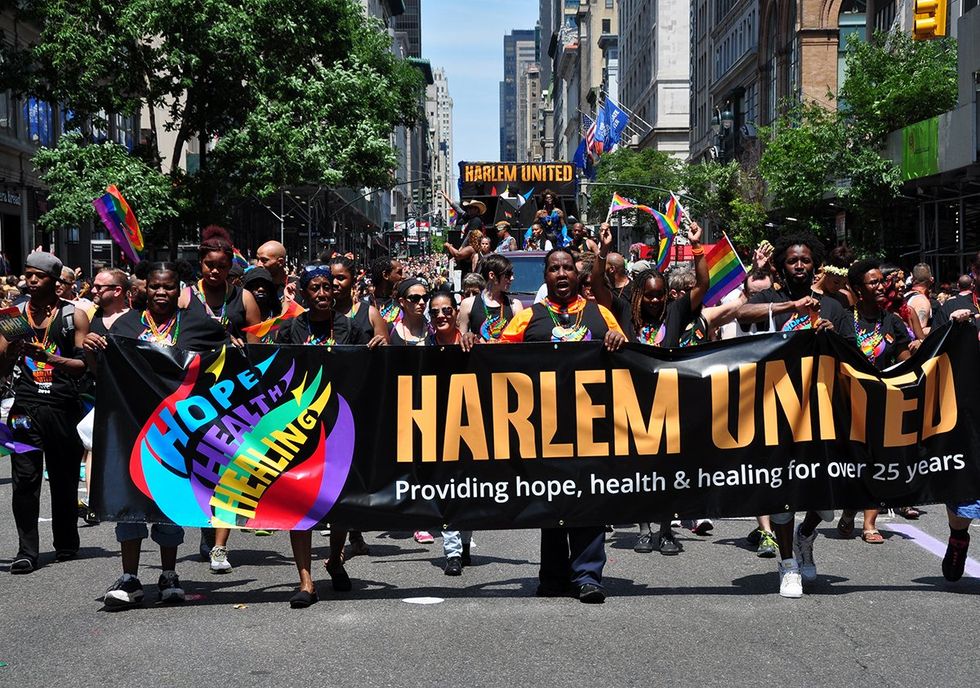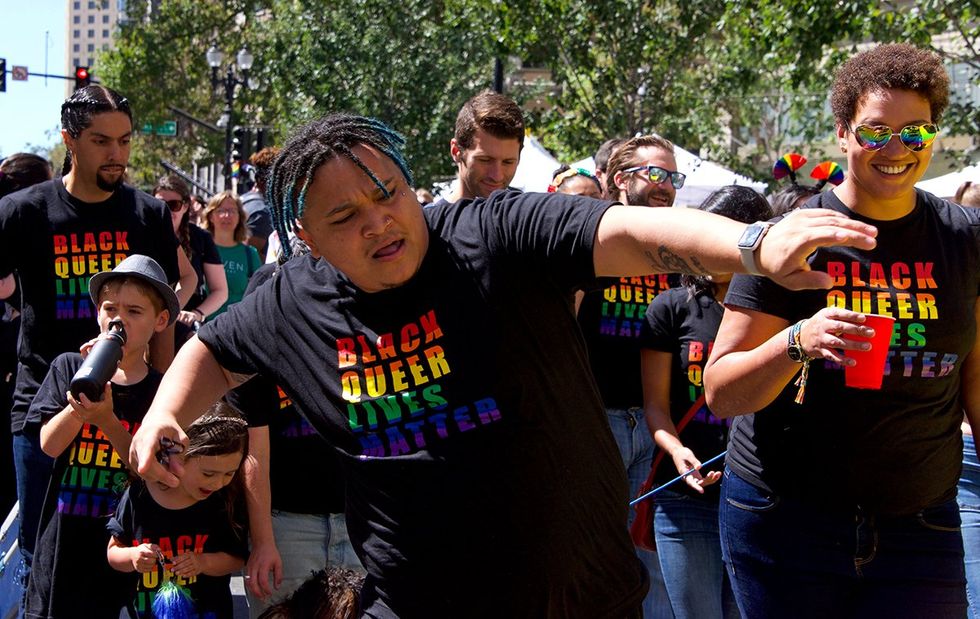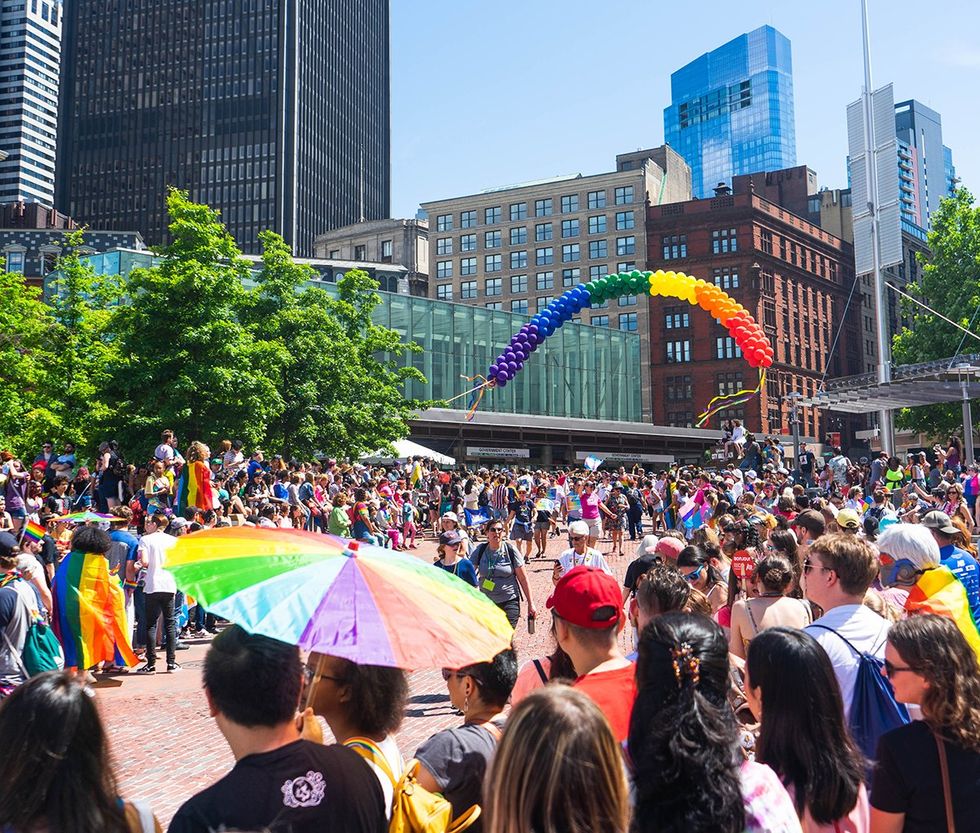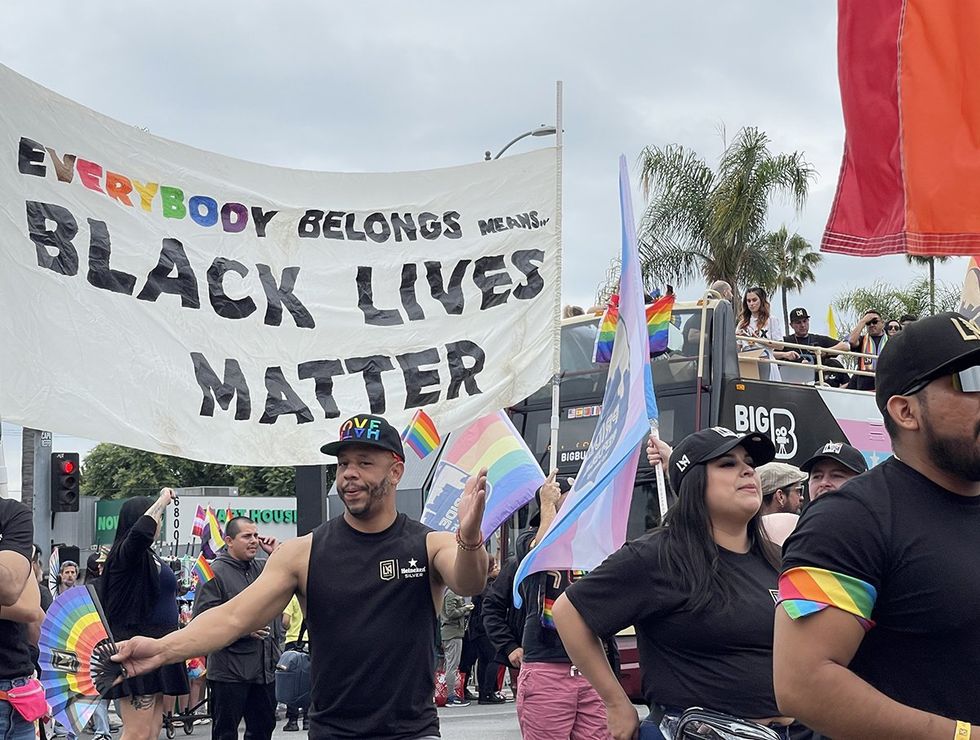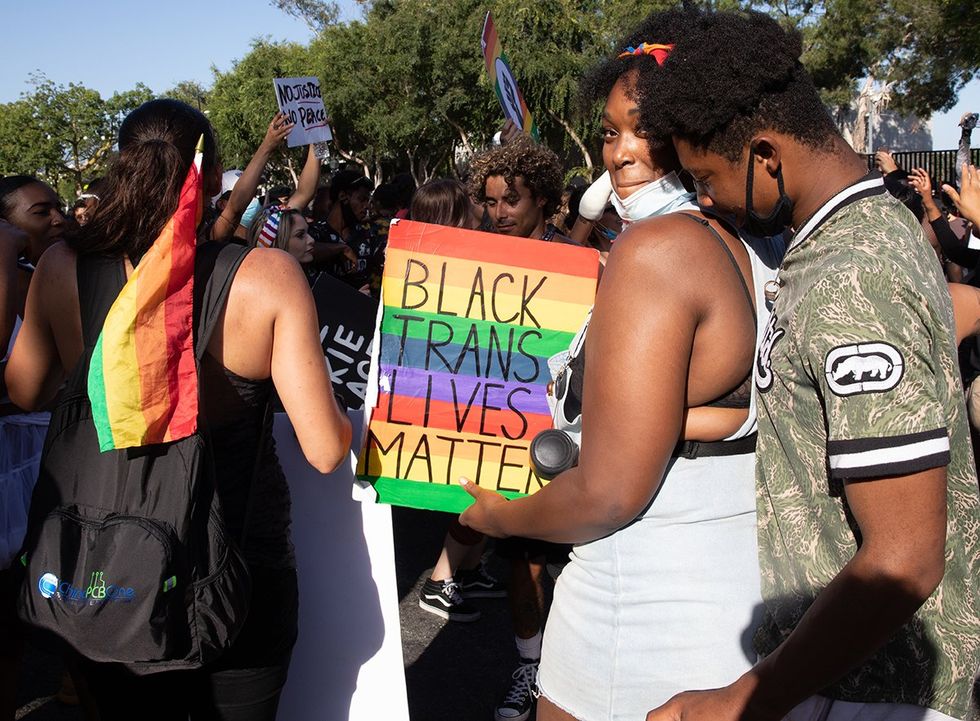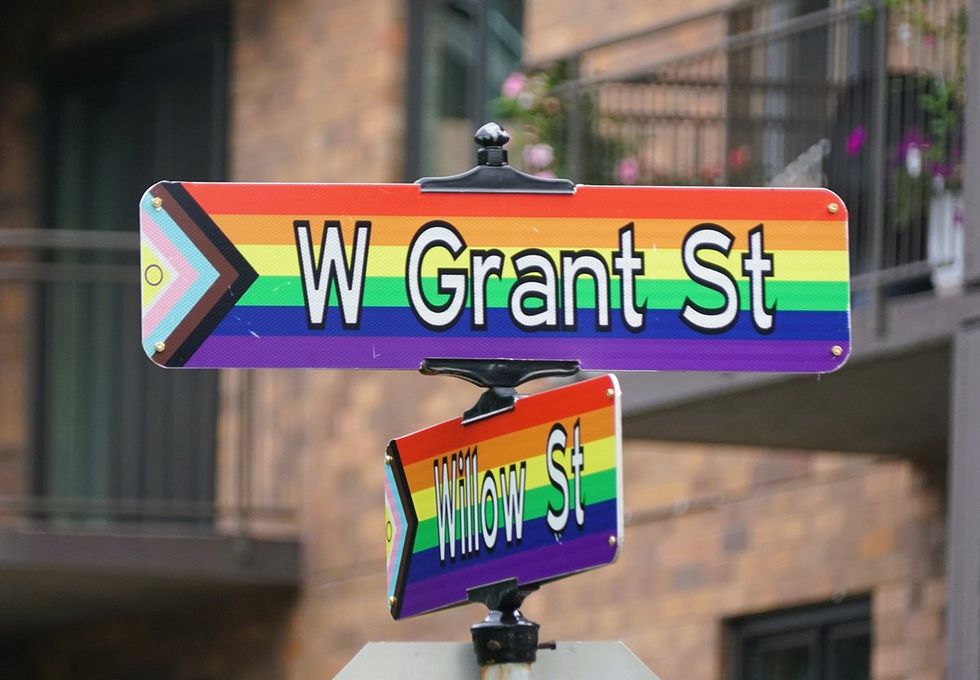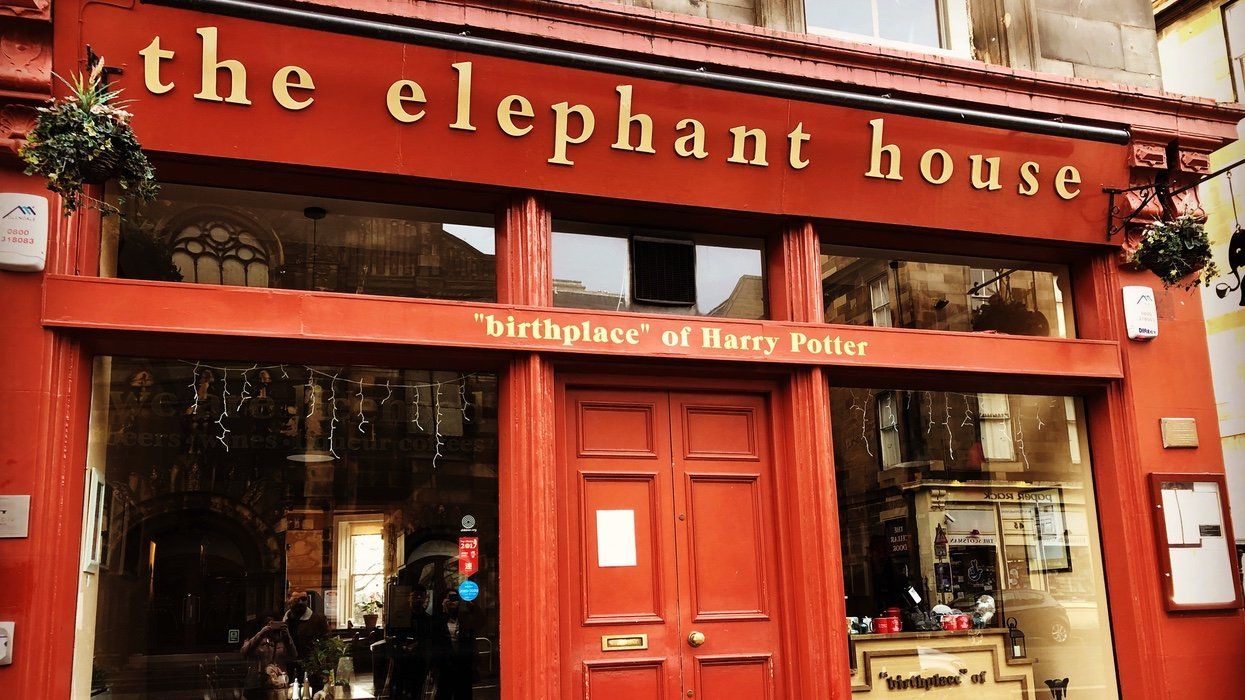From primary school to higher education, schools have been battlegrounds for LGBTQ students desiring an affirming and comfortable environment. Only in the last about 15 years have queer-straight alliances, LGBTQ support groups, and nondiscrimination policies sprouted up in institutions, and even more recently have we seen increasing acceptance of trans and gender-nonconforming students.
In the Bible Belt, where social conservatism is as stifling as warm, humid air, gender-variant youth often find a no-win situation. If they remain quiet and dismiss their identities, depression and isolation will likely infiltrate every aspect of their lives. If they are vocal and adamant, ostracization can cause an equally detrimental experience during their most formative years.
With 20+ years of teaching experience, New Jersey native Christian Zsilavetz wants to advocate for this burgeoning population by creating a school — Pride School Atlanta — that will be affirming of LGBTQ youth, families and educators. Here’s our exclusive Q&A with the education pioneer.
What was it like to come out in the educational system?
I started out my career as a straight white woman and then I got married and moved up to Seattle. Eventually, I got divorced and came out as someone dating women, and I used the term “butch dyke” for myself. When I came out, I was very quiet about it because I was still working in the same place where I had gotten divorced. I learned very quickly that you were supposed to be quiet if you were gay-identified.
I tried to start a [gay-straight alliance] at our school, because the students asked me to. The principal said there’d be a witch hunt if I stepped up and did that. He said, “Look at you, you have short hair, you wear leather jackets, you ride a motorcycle.” He was afraid he would be put through the wringer because the same thing had happened to his friend at a different school, and this was 1997. Things weren’t that cool back then. GSAs were just getting started. So I backed off, but I stayed connected with some of the LGBT students at the school.
Did you also transition on the job?
In May 2006, I realized I needed to transition. I had a spiritual pop after a long yearning. I decided to give up on teaching and the public school model. I felt like I was enabling a broken system. It was just good for my sanity and everyone else’s. I left teaching for about a year and a half. I transitioned and I would run into students, which was so uncomfortable for me.
Then I had a lesbian friend who worked in a school system nearby and said everything would be cool with people at work. I was a very quiet stealth trans man; only a handful of people in the building people knew. When I was recognized by one of my former students I panicked, but nothing came of it.
So I worked there for a year and a half, and then my wife asked me to stay home with my daughter and I stayed home off and on with my kids aever since.
How did you decide to start Pride School?
I worked last year at Hess Academy, a little private school over in Decatur [Ga.], and when I was there, I realized I needed a hysterectomy, which is kind of the story behind Pride School. I came out at work to the rest of my colleagues — my boss already knew I was trans. I told her I could only stay as a part of this community if I’m out as trans. I said, “It’s either coming from my 5-year-old or coming from me.” The moment she found out I was having a hysterectomy, she said, “My dad is having his uterus taken out.” And I stopped her, and it wasn’t because she was talking to one of my colleagues, but there was a kid there and I didn’t want to break that protocol. I realized things had to be different.
So I talked to the director of the school about it and she deliberated it with the board president. She said it crosses the personal-professional boundary and she just didn’t get it. I realized she didn’t get it because of it wasn’t her story. She had never had anything to hide. As a queer-identified trans man, my identity is completely invisible. I told her that I had this girl in my class and all year she thought she was the only queer person. I told her my dream school is where my identity is an integral part of me as an educator.
When kids see you, it’s like a mirror. If kids see that it speaks to those who are gay or trans or have family members who are and lets them know they aren’t alone. She said, “Well, why don’t you go start that school.” That was something she had to do to start that school and to take that advice from her, I said OK.
I wrote a proposal on Craigslist that night and I asked if anybody was out there who wanted to do this with me and one person, Jess Good, wrote back within 12 hours. She grew up around here, she’s Trinidadian from New York, and she and her wife were about to raise a kid. They were both educators and wanted a place to raise their daughter without any weirdness. They said they tried to start this a couple years ago and there was no one to talk about it. It started the conversation and they came home for dinner.
We had our first planning meeting May 9, 2014, and started a Facebook page. We’ve been working on it ever since. I’ve been home with my kids, and graciously Kristen shared all of her experience. But I get she just doesn’t get it, but I guess Pride School was ready to launch.
Isn’t this a risky endeavor? How did you decide to make such a bold move?
I always want to serve my trans and gender diverse community, but I need to get paid to do this. We can’t all just volunteer all the time and I need to stay in my career. If I’m going to have a career, I can’t not be authentic. There’s not a lot of room for gender diverse educators and I want there to start to be a wide-open space for LGBT educators and LGBT parents and there’s no questions that if they use a different pronoun it will be honored. We need a place that when you have a sister who’s trans or lesbian, you’re not going to get the crap beat out of you everyday or be disrespected. Or if a kid is transitioning or just gender diverse, they’ll be OK. It’s about time this crap changes.
How does it feel to be a pioneer in affirming education for LGBTQ students?
Every gender-nonconforming person gets the crap beat out of them physically, mentally and emotionally — if not all three. It’s about time we make that unacceptable in our culture. I’m not going to wait for the rest of the world to change for today’s 5-year-olds.
There’s not nearly enough training or money and it’s not going to shift over night. Schools are just starting to have gender-neutral bathrooms, they’re just starting to let kids play sports together, they’re just starting to not separate kids based on being a girl or boy. I think we’ve got a real movement here of trans people coming out of the shadows, and not just famous people — I think for educators to come out of the shadows and ask why they can’t be themselves.
How do you plan to make Pride School accessible?
We’re looking to serve 5-year-olds up to incoming eighth-graders. We eventually hope to serve high-schoolers. But our school has a free school model. Our goal is to make it accessible to all, which is why we want to bump up our crowdfunding and sponsor kids to go. We want to be sure we don’t out our students or their families, so it’s hard to get the word out with visuals. We have to continue to protect our students and my kids, even though the Channel 11 lady will ask for photos to prove that we’re a normal family. I don’t need to do all of that for people to like me. I’m not perfect. I’m not the best educator in the world, but I’m surrounding myself with a team of amazing educators. Anybody who wants to be themselves and not have to put on a mask, come hang with us. Just know the bathrooms are gender-neutral.
What’s it like to be a transgender parent and an educator?
I’ve got two kids. My daughter is 6 and a half and my little one is 4. Sometimes he identifies as a girl ,and it’s interesting to see the gender play. He says he’ll grow up to be a mom and have wife and marry his best friend. He wore a dress out for the first time and it was interesting for my daughter to see how people interacted with them. Sometimes he’s all boy, sometimes he’s all girl, and sometimes he’s somewhere in between.
How has support for Pride School been?
We went from two people a year ago to, exactly a year later, we had 180 people at our fundraiser. We’ve received thousands of dollars in donations. We’ve done some fundraising over the summer and we’re waiting for some of the proceeds from our four Wednesdays of bingo. We were the beneficiaries of a grant donation of $250 to the school. We’ve raised about $700-$900 in the last week alone. Laura Ford is a music producer, and she just came out in a big way in the music industry as trans. She’s been around the music industry for many years. We also got invited to the White House LGBT Summit here in Atlanta and that was awesome. It was very interesting.
We got our first grant from the Atlanta Pride Committee, which is a $1,000 community reinvestment grant. That’s paying for all of our pride expenses which by far is our biggest pride expenses of the year — paying for our parade entry and a lot of our marketing materials. We’ll march and have a booth and more.
What do we still need from people? We need their money, supplies, mentors, old textbooks, support through coming to events and hooking up with our social media and website. Donations are tax-deductible.
How did you decide that January 2016 was the right time to open the school?
We knew that when we decided on the Unitarian Universalist Congregation of Atlanta, we would not be able to get into the space by September. Because of the nature of our school, we can start mid-year. We talked to a few other schools that started mid-year and said we’d give it a shot since we’re not on a set quarter system. We felt it was better to commit to a six-month stretch than a full year and give some kids who aren’t having a good time at their current school to shift. Our coordinator said it may be necessary to push back to winter 2016, but realistically we should have enough stuff in place to launch in January.
How do you expect to get parents on board with Pride School?
We’ve got parents who are LGBTQ-identified. We’ve got lots of queer children. Every week we get emails from parents or families asking for support or help for their trans youth. The gift is that our school is not just about the queer children. It’s about the whole family and the whole queer community. People can enroll today and just make their deposit to reserve their spot. Between [Atlanta] Pride and family information nights pretty much every week until December, we hope to have at least 10 families with about 15 kids enrolled by then. Most of our enrollees will be ages 5-13, and my two kids will likely join on with us once we’re really moving, once I can get my own handle on this new situation.
What does pride mean to you?
It means walking proudly everywhere I go and being myself everywhere I go unapologetically and authentically. I think that’s the biggest part. Liking who I see when I look in the mirror and knowing who I am! I’m a queer-identified trans man.
For more information on Pride School Atlanta, check the team out and donate on their official website, also check out their Facebook, Twitter and Tumblr.

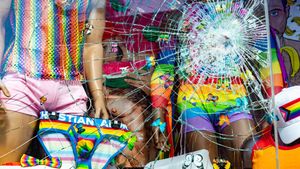







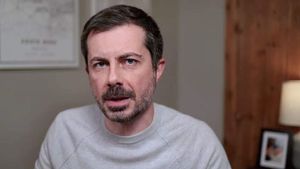


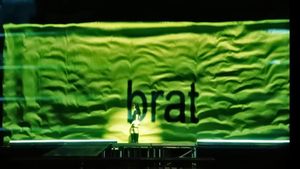

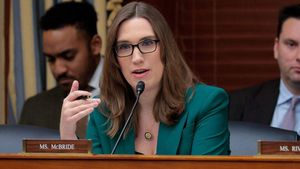
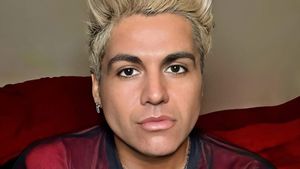
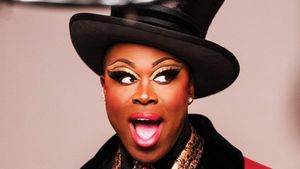

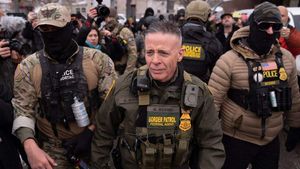









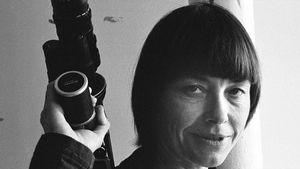





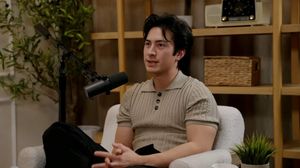


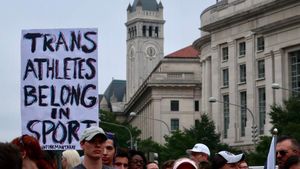
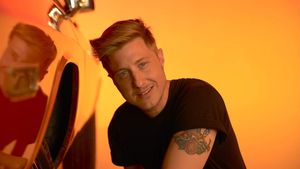
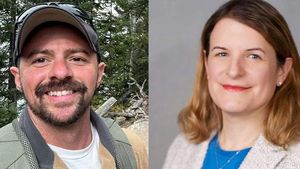



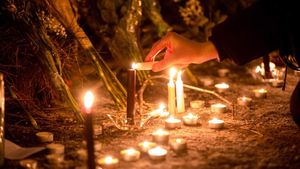

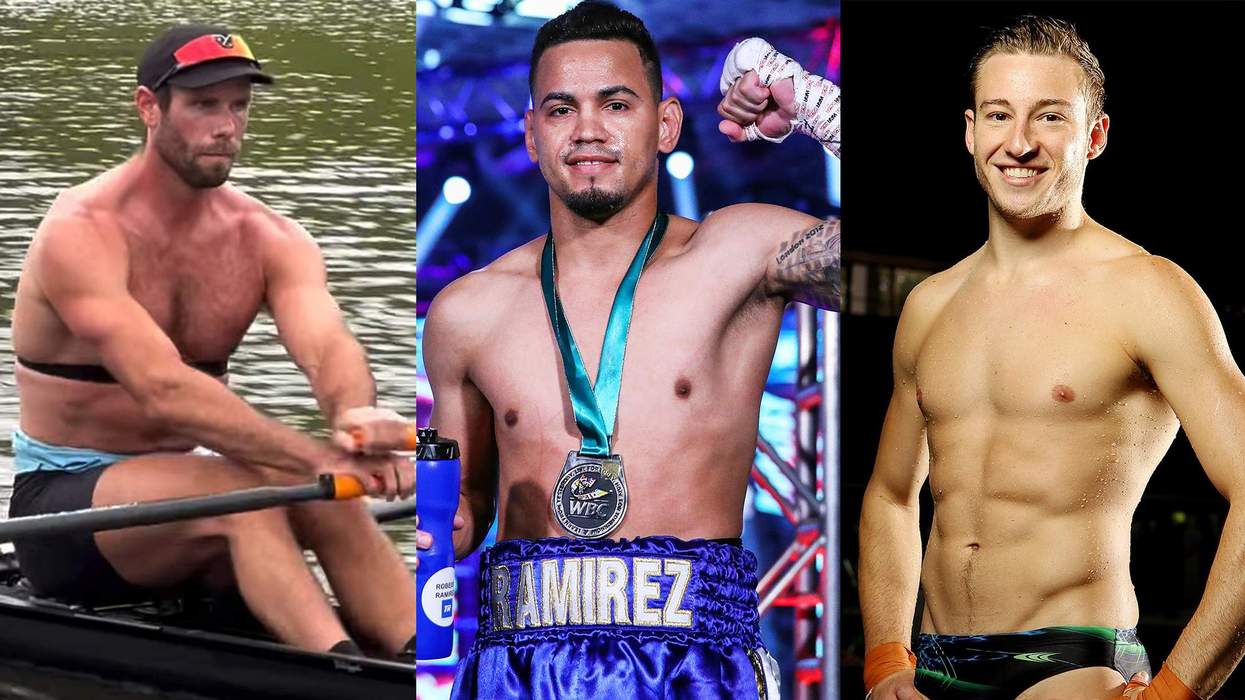
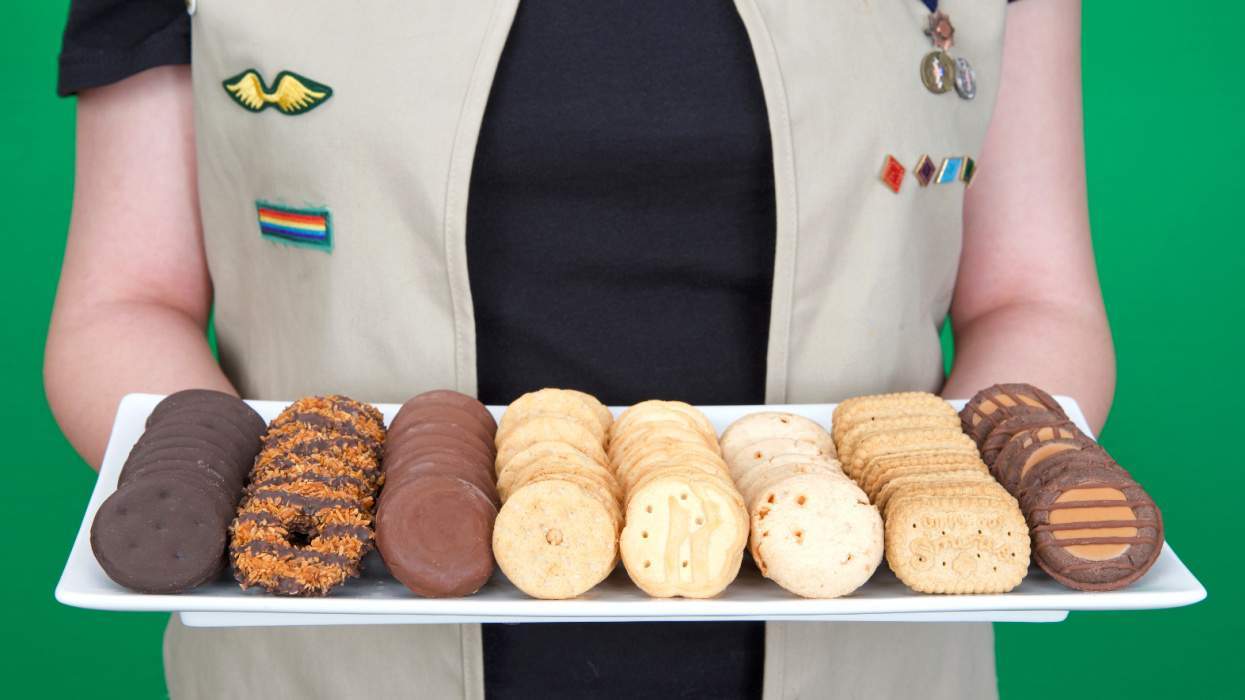
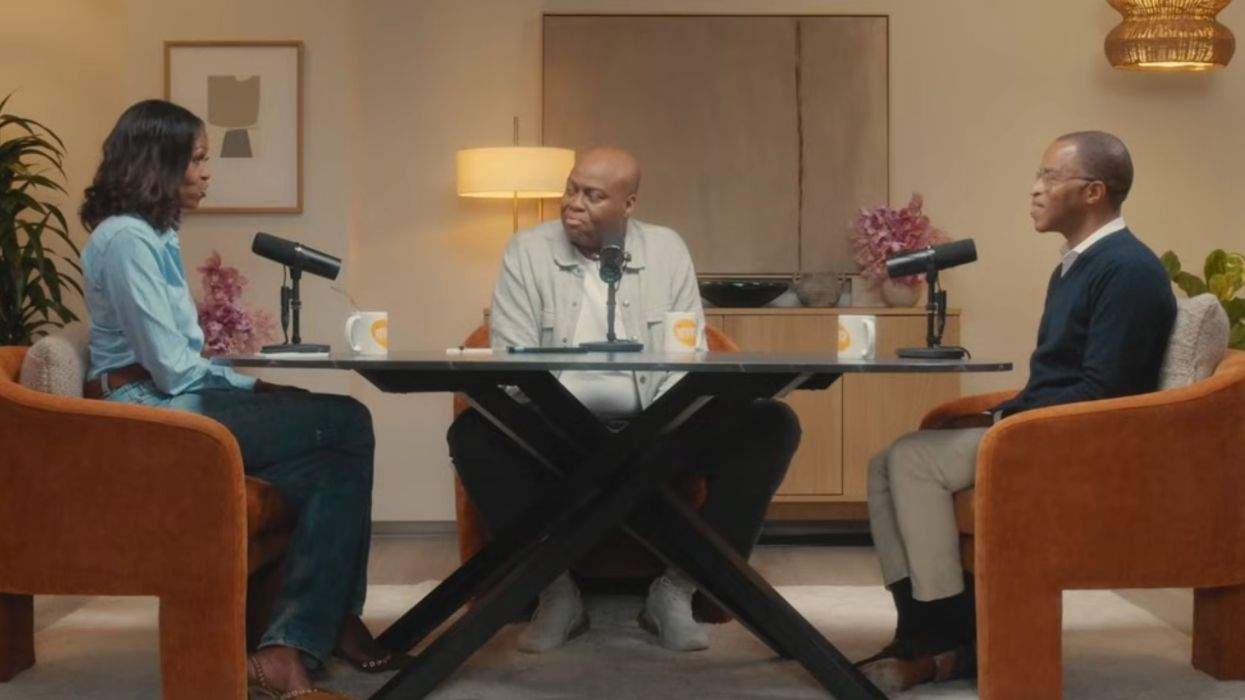
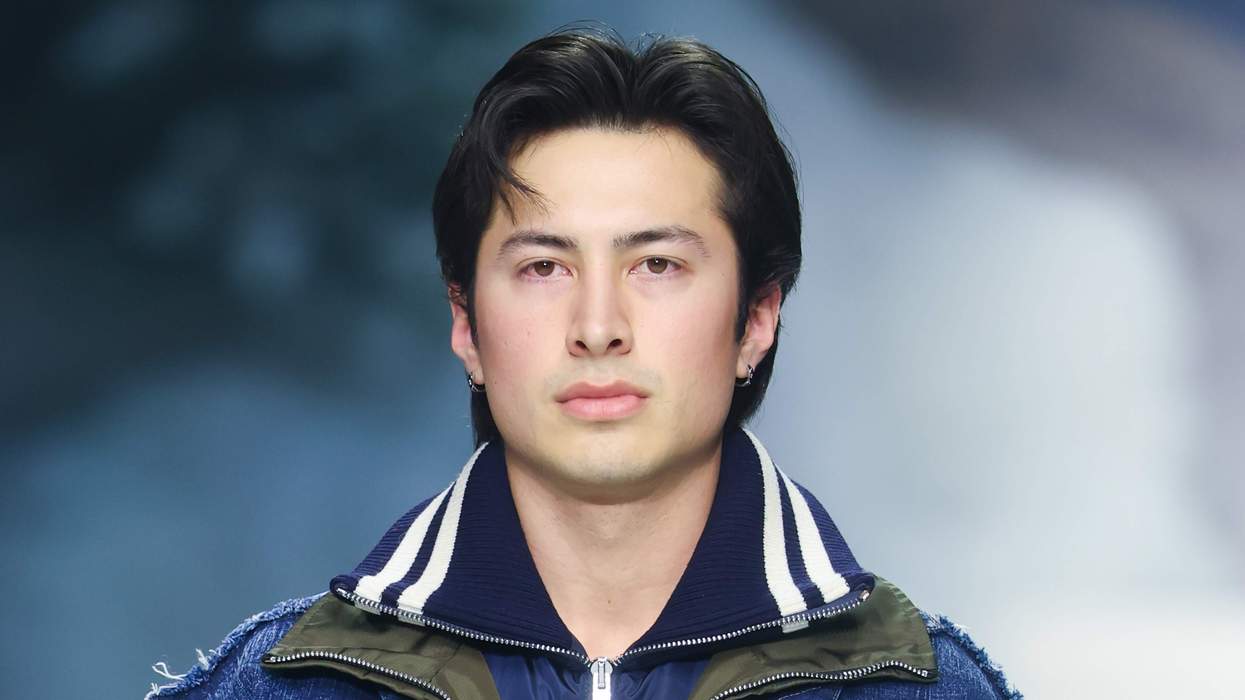







 From left: Jena Malone, Jodie Foster, Jay-Z, and Kendall and Kylie Jenner.Featureflash photo Agency/Shutterstock; Tinseltown/Shutterstock; Tinseltown/Shutterstock; Taylor Hill/FilmMagic
From left: Jena Malone, Jodie Foster, Jay-Z, and Kendall and Kylie Jenner.Featureflash photo Agency/Shutterstock; Tinseltown/Shutterstock; Tinseltown/Shutterstock; Taylor Hill/FilmMagic










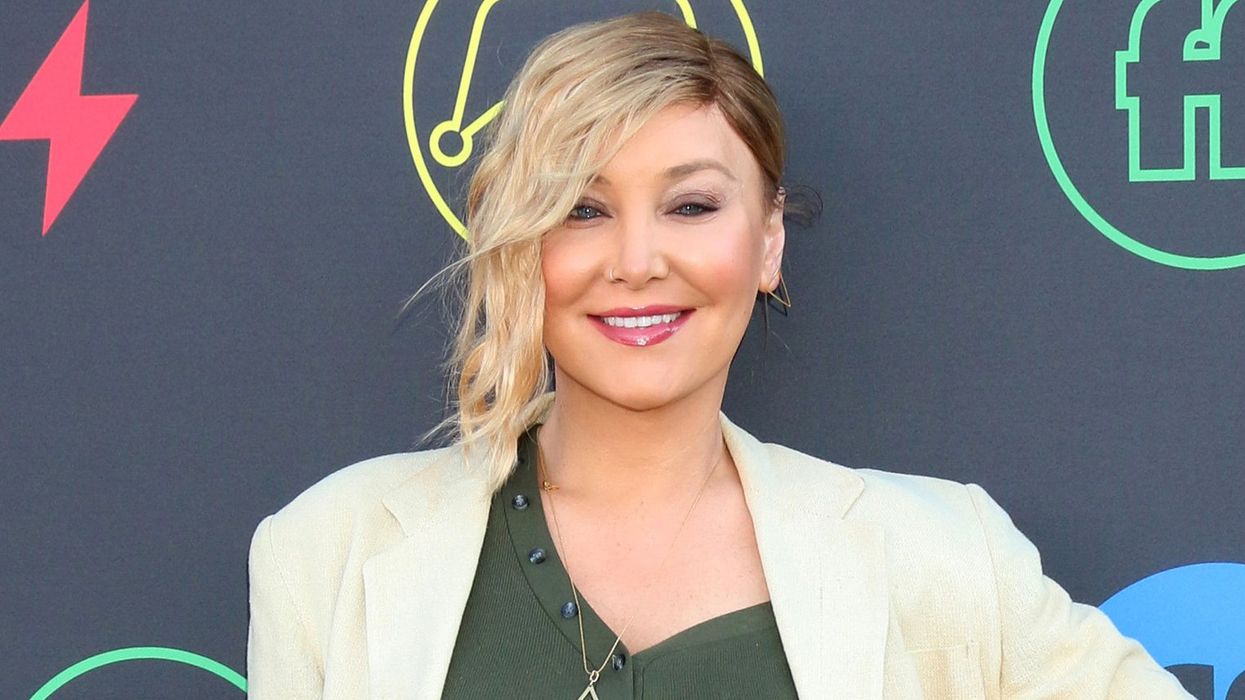
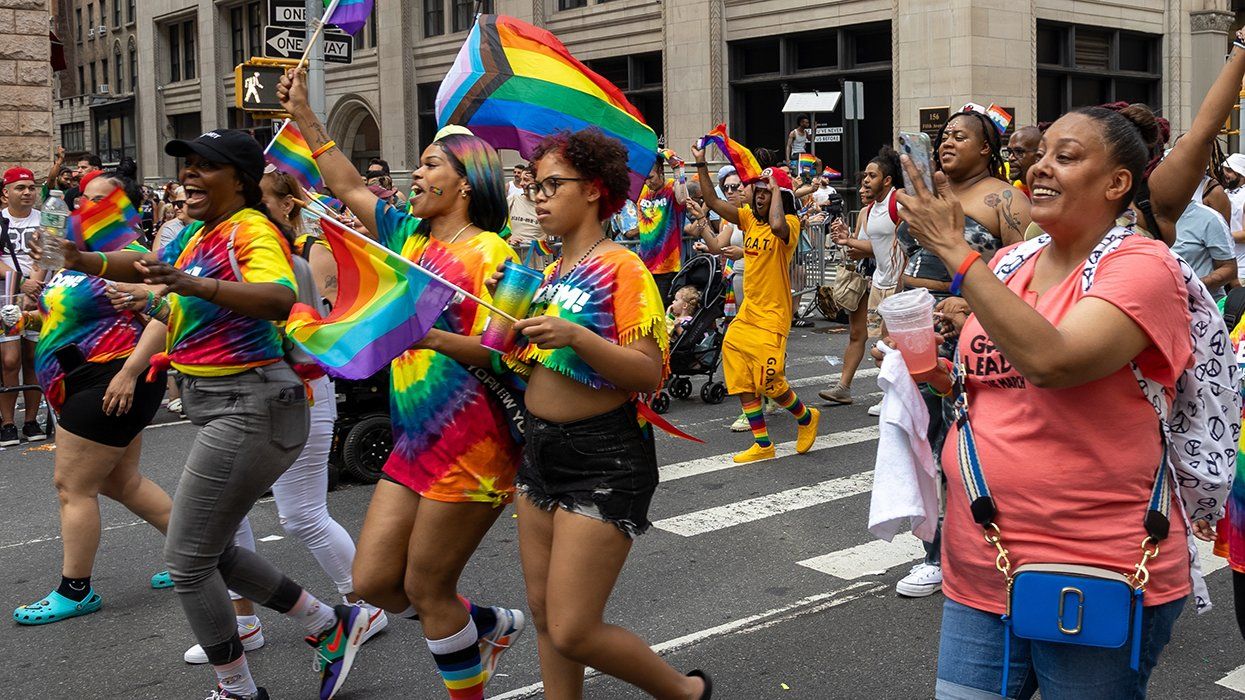
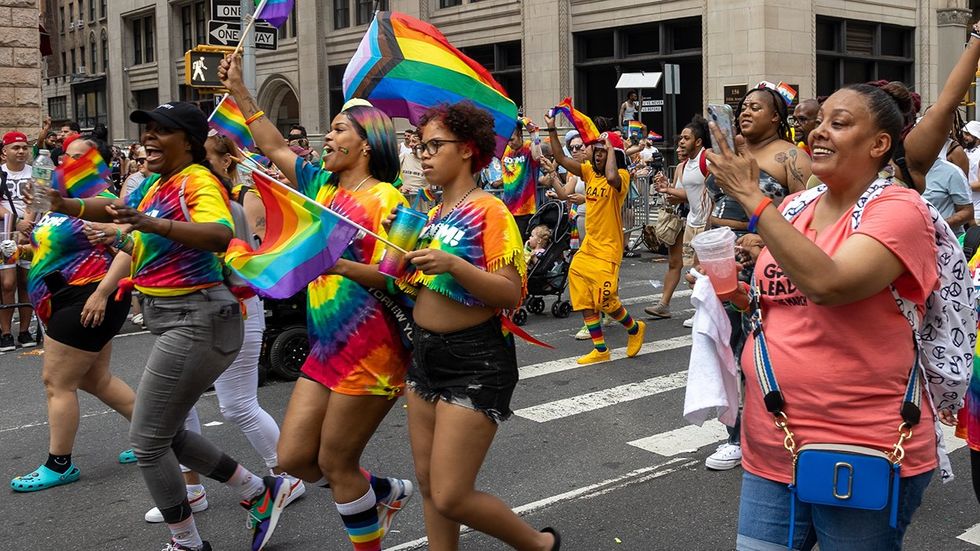 Kirkam/Shutterstock
Kirkam/Shutterstock